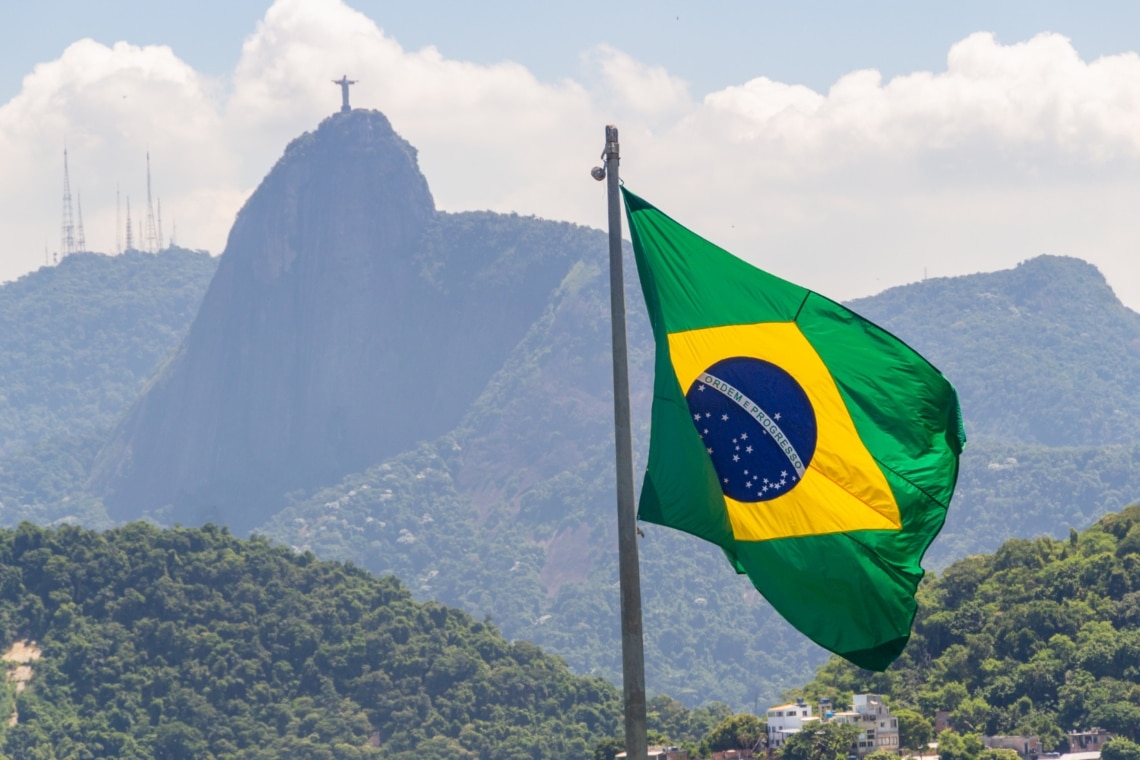Brazil’s President Jair Bolsonaro has signed the crypto bill into law, officially recognizing them as a legal payment method in the country.
Summary
Brazil: president approves law on crypto regulation
Jair Bolsonaro, Brazil’s president in office until 31 December 2022, has approved the law on the regulation of cryptocurrencies, recognizing them as a legal method of payment in the country.
His signature comes after approval by Brazil’s Chamber of Deputies and Senate, and provides 180 days for companies in the sector to comply with the new rules.
In the publication on 22 December in the Official Journal of the Brazilian federal government, it states how digital assets are considered securities and will therefore be overseen by the Brazilian Securities and Exchange Commission (or CVM).
This is not a legal Bitcoin as what is envisioned in El Salvador, but a definition of legal Brazilian payment methods. And indeed, the new regulatory framework establishes the licensing regime for virtual asset service providers and penalties for frauds using digital assets.
Another unique feature of this new law includes provisions requiring exchanges to distinguish between user assets and company assets.
Brazil formalizes new regulatory framework favoring Bitcoin and crypto
Brazil has been making waves since November about its new regulatory framework for cryptocurrencies.
And in fact, already with the approval of Brazilian lawmakers, it was now clear that the country of Rio Carnival wanted to make things easier for Bitcoin and crypto by including them in the world of traditional finance.
Indeed, the new rules recognize Bitcoin as a digital representation of value that can be used in commerce and as an investment asset, thus defining it as a “‘virtual asset.'”
In this regard, there is no shortage of sanctions such as the crime of fraud for virtual assets, with a penalty of four to six years in prison and a fine. Not only that, at the institutional level, the executive branch is in charge of selecting government bodies to oversee the market.
This law was drafted with the help and support of the Central Bank of Brazil (BCB), the CVM and the Receita Federal do Brasil (RFB).
The record of 12,000 companies owning crypto
The RFB had revealed a new Brazil record: 12,053 companies own cryptocurrencies.
Basically, according to data on cryptocurrency disclosures in August 2022 by companies, it appears that more than 12 thousand companies (or CNPJs) claimed to own crypto assets, a number that the country has never before achieved.
This is a 6.1% increase from 11,360 companies in July, making August the month with the highest number of companies with cryptocurrency holdings.
In contrast, speaking of the number of individual investors (or CPFs), i.e. crypto holders, it seems that in the same summer month it decreased compared to July, dropping to 1.3 million people. At the same time, there was also a decline in transactions, which were $2.1 billion in August versus $3.4 billion in July.
RFB data then confirmed that in August the top two crypto assets traded by Brazilians were Bitcoin (BTC) and Tether (USDT), the stablecoin with the highest market capitalization.
Tether is popular at crypto ATMs in Brazil
SmartPay, starting last November, has been instrumental in the expansion of Tether in Brazil, placing it in Brazil’s more than 24,000 crypto ATMs.
The Brazilian company, which offers financial services dedicated to the unbanked (people without a bank account), enables its fellow citizens to make transfers, withdraw from ATMs, pay bills and buy and sell cryptocurrencies.
Not only that, another target of SmartPay are also Brazilians who live or travel abroad, because their services allow for domestic transactions even if they are not physically in the country, such as remittances, namely money sent back home that Brazilians who work abroad usually make.
That said, SmartPay also aims to expand the use of Tether (USDT) after integrating it into its app so that its users can convert USDT to Real by withdrawing banknotes from its physical ATMs.




